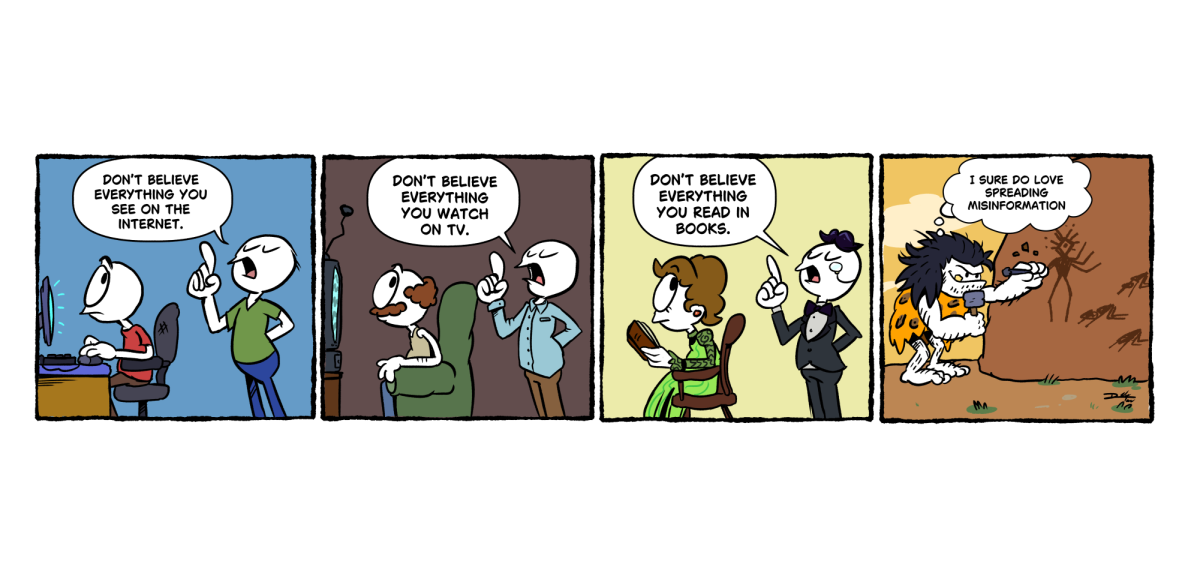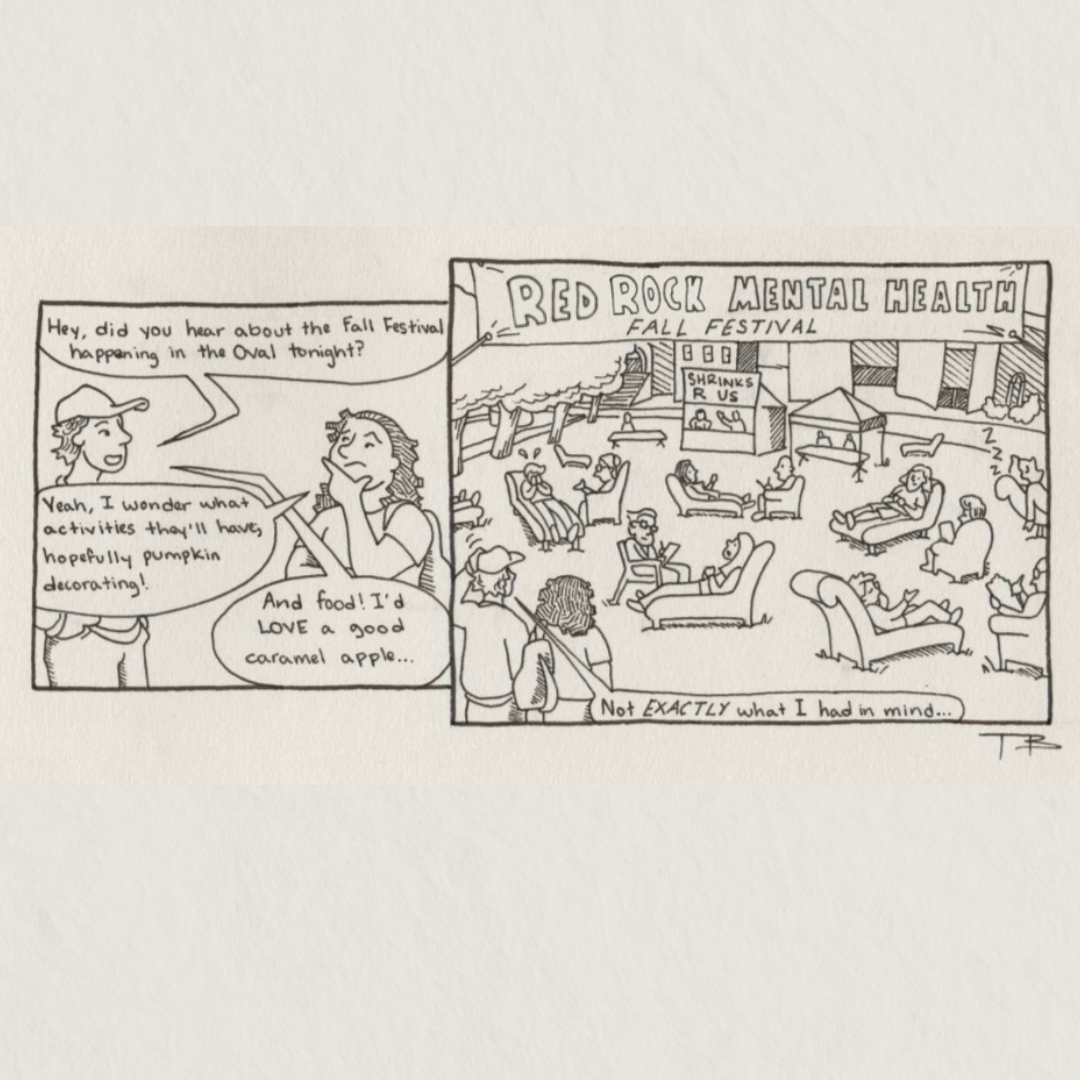Christopher Nolan’s “Oppenheimer” is an awe-inspiring tour de force. Delving into the life of one of the most enigmatic figures of the 20th century, “Oppenheimer” manages to entertain as well as inform for the entirety of its hefty three-hour runtime. As a film enthusiast, I found myself completely captivated by the artistry and storytelling prowess displayed in this cinematic gem. Though it could be argued that shortening the film would’ve been beneficial to its palatability, the final product leaves little to be desired, especially for longtime fans of Nolan.
The film is a wildly ambitious project that successfully combines historical accuracy with creative storytelling, a line that can be difficult to tow. The movie beautifully unravels the life of J. Robert Oppenheimer, the brilliant physicist behind the creation of the atomic bomb, while also exploring the moral and ethical dilemmas he faced during World War II. The screenplay is masterfully crafted, weaving together a gripping narrative that not only educates but also engages on a profound emotional level.
One of the film’s greatest strengths lies in its stellar cast. Cillian Murphy’s excellent leading performance brings Oppenheimer’s complexity and inner turmoil to life. The supporting cast, composed of exceptional talents, including Florence Pugh and Emily Blunt, further enhanced the movie’s depth and authenticity, allowing the audience to immerse themselves fully in the world of Oppenheimer, his loved ones, and his collaborators.
Nolan’s signature directorial style is ever-present throughout the film, displaying his remarkable ability to create breathtaking visuals and intense action sequences. His use of practical effects and attention to detail truly transport viewers back in time, making them feel like they are witnessing history unfold firsthand. The cinematography, coupled with an evocative score, adds an atmospheric layer that heightens the emotional impact of each scene.
In addition to its visual splendor, “Oppenheimer” is a thought-provoking exploration of the ethical implications of scientific advancements during times of war. The movie doesn’t shy away from the difficult questions surrounding Oppenheimer’s role in the creation of the atomic bomb, and it raises crucial discussions about the responsibility of scientists and the consequences of their actions.
Moreover, the film encourages us to contemplate the fine line between scientific progress and humanity’s survival, making it much more than a mere biopic. It serves as a poignant reminder of the importance of understanding the past and using that knowledge to shape a better future for generations to come.
Nolan’s “Oppenheimer” is a cinematic masterpiece that excels in every aspect, from its compelling storytelling and exceptional performances to its stunning visuals and profound themes. It is a film that lingers in your thoughts long after the credits roll, prompting deep introspection and appreciation for the power of cinema. Nolan has once again proven himself as a visionary director, and “Oppenheimer” is undoubtedly a crowning achievement in his already illustrious career.
Gabi Merchen is a fourth-year Communication major at the University of Science and Arts of Oklahoma.












































































